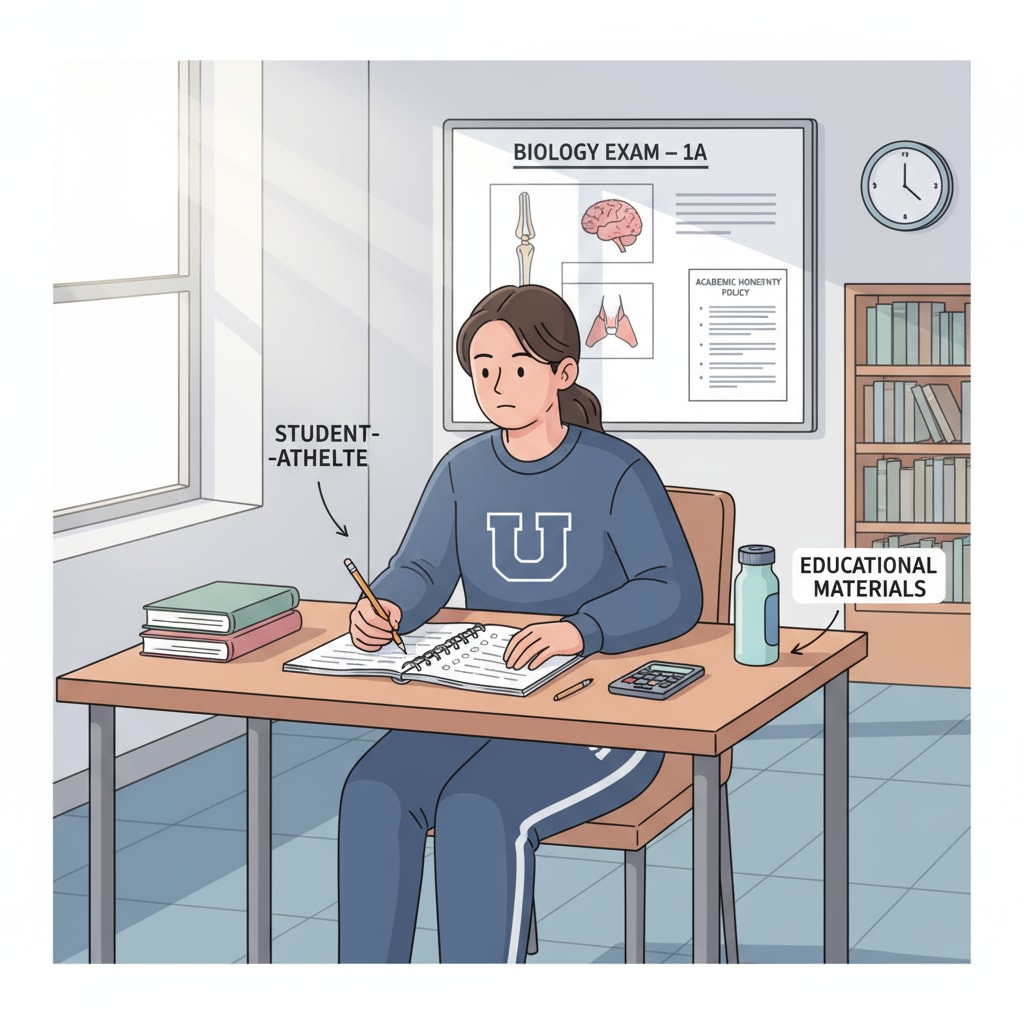College admissions for athletes involve a unique set of academic requirements and special recruitment policies. The process of getting into a US university as an athlete is multifaceted, combining athletic prowess with academic capabilities.

The Basics of Athletic Recruitment
Athletic recruitment in US colleges is a competitive yet rewarding process. Universities actively seek talented athletes to represent their institutions in various sports. This recruitment is not just about finding the best players but also ensuring they can meet the academic standards. For example, many Division I schools have high-profile sports programs and are constantly scouting for top athletes. The NCAA plays a crucial role in regulating this process, setting guidelines to maintain fairness and integrity.
Academic Requirements for Athletes
Contrary to some misconceptions, athletes are held to significant academic standards. Universities expect them to meet a certain GPA (Grade Point Average) and standardized test scores. These requirements vary by institution and sport. For instance, some Ivy League schools have extremely high academic thresholds for their athletes. Even though they may receive special consideration due to their athletic abilities, they still need to prove their academic potential.

Most universities also have academic support systems in place for athletes. Tutoring services, study halls, and academic advisors are available to help them balance their sports commitments with their studies. This ensures that athletes can stay on track academically while excelling in their chosen sports.
NCAA Academic Eligibility Standards
The NCAA has established a set of academic eligibility standards that athletes must meet. These standards are designed to ensure that student-athletes are serious about their education. To be eligible to compete at the NCAA level, athletes need to meet specific criteria related to their high school coursework, GPA, and standardized test scores. According to Britannica, these standards provide a framework for universities to evaluate an athlete’s academic preparedness.
However, the NCAA also offers some flexibility through its waiver programs. These waivers can be granted in certain circumstances, such as when an athlete has faced extenuating circumstances that affected their academic performance. But these waivers are not given lightly and require careful consideration.
In conclusion, college admissions for athletes are a complex interplay between athletic talent and academic requirements. Universities strive to find the right balance, ensuring that athletes not only contribute to the success of their sports teams but also thrive academically. The NCAA’s standards and waiver programs further shape this landscape, promoting a holistic approach to student-athlete development.
Readability guidance: The article uses short paragraphs and lists where appropriate to summarize key points. Each H2 section provides clear information, and the use of passive语态 is minimized. Transition words like ‘however’, ‘for example’, and ‘in conclusion’ are used throughout to enhance readability.


